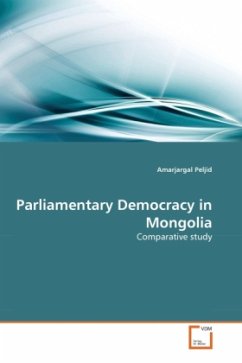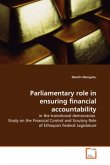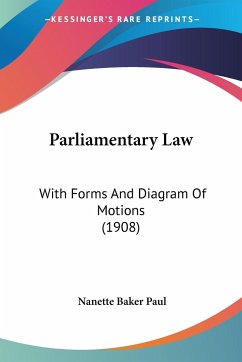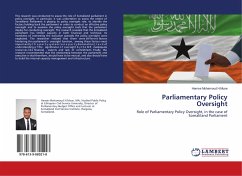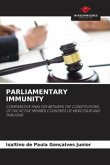Mongolia is making a transition from one party command system to a multiparty parliamentary system by changing socio-political orientation from socialist regime to liberal democracy. A multiparty parliamentary system provides democracy with representation of various social interests and makes good legislation for people to protect human right and freedom. This work is focused on problems of Mongolian parliament related to rubber stamp decision making and the tyranny of majority in the uncontrollable parliament on the facts of the recent years. This comparative study on parliamentary countries refers to United Kingdom and Japanese bicameral systems to find a good solution to these problems. Such comparison of these two bicameral systems and models of dissolution system of parliament was significant in solving problems providing control over the parliamentary decision making. Moreover, advantage of the bicameral system is providing balance and deliberation in parliamentary decisionmaking.
Bitte wählen Sie Ihr Anliegen aus.
Rechnungen
Retourenschein anfordern
Bestellstatus
Storno

